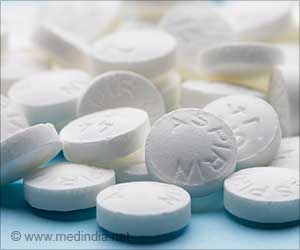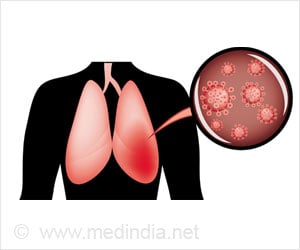Obese colorectal cancer patients receiving lower doses of adjuvant chemotherapy for safety purpose can reduce their chance of survival.

In obese patients with a high body mass index (BMI) or based on an idealised weight to reduce side-effects may receive proportionately lower doses of chemotherapy.
"Our study has demonstrated an association between increasing body mass index and modest reductions in the cumulative relative dose of adjuvant chemotherapy in patients with colorectal cancer. And we also saw an association between increased cumulative relative dose and improved survival”, says,Corinna Slawinski from the Division of Cancer Sciences, University of Manchester, UK.
A number of previous studies have shown that obese patients with colorectal cancer have worse outcomes than non-obese patients but it is difficult to conclude whether having a higher body mass index is directly associated with survival or the association is due to other factors such as treatment (i.e. dose administered).
A new study published in the journal Annals of Oncology enable better understanding of the relationship between BMI, chemotherapy dosing and survival in colorectal cancer.
This study analysed data for 7269 patients receiving adjuvant chemotherapy after curative surgery for colon and/or rectal cancer in four large randomised trials.
Advertisement
ACRD is the proportion of the total expected standard dose (per unit of body surface area) over the whole chemotherapy course that has been received is expressed as percentage.
Each BMI increase of 5kg/m2 is associated with a 2% reduction in the relative dose of chemotherapy in the first cycle of chemotherapy and 1% reductions in both ACRD and ARDI.
Elevated BMI is associated with a reduced relative dose of chemotherapy in the first treatment cycle and a modest reduction in ACRD. These indirect effects through sub-optimal treatment might explain the poorer survival in obese patients, rather than the direct effects of obesity.
These findings suggest that we should consider whether dose reductions are necessary in patients with a high BMI when treating them with adjuvant chemotherapy.
Source-Medindia















